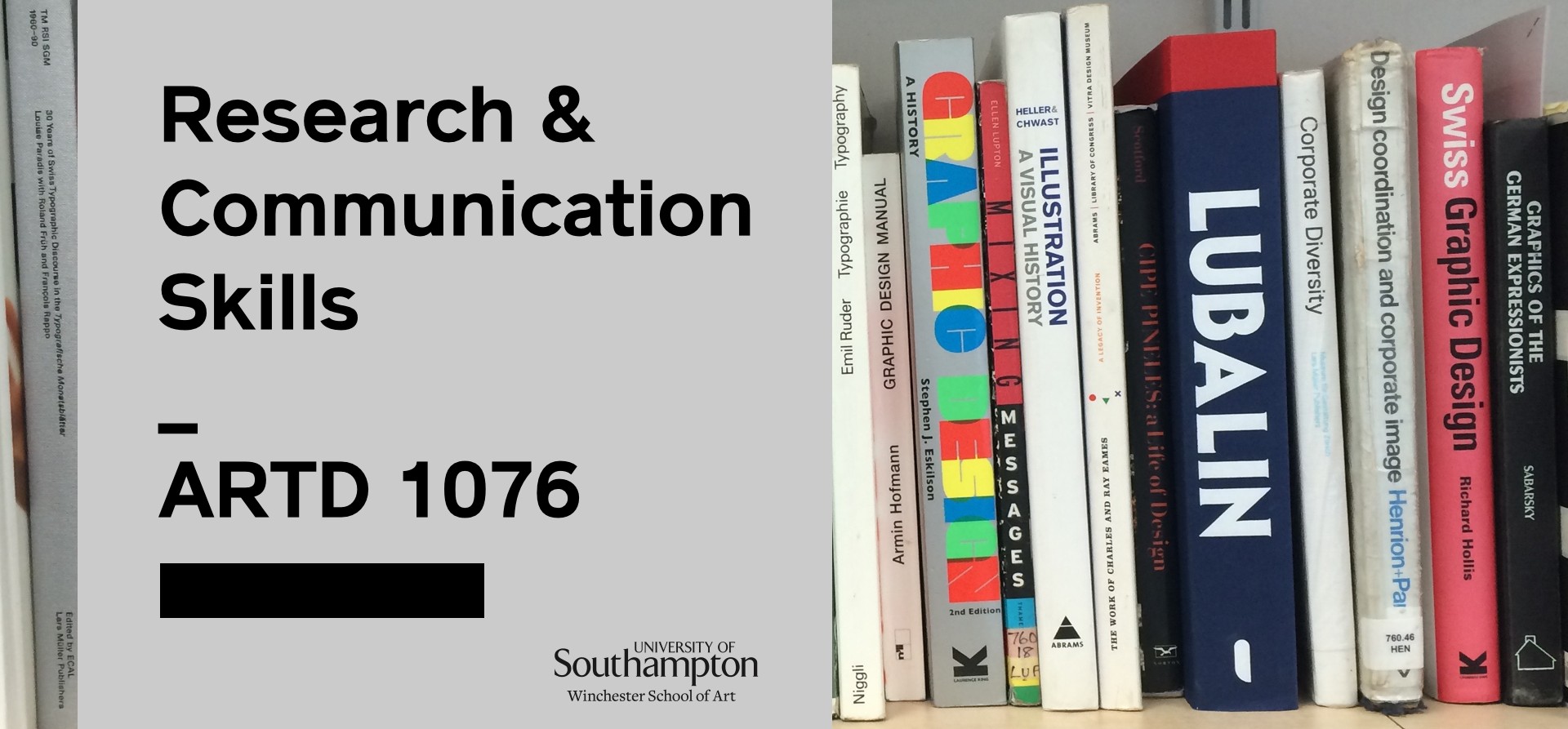Behavioural modelling is an important part of NPC development for games. Should emotive modelling be part of that development?
Non-Player-Character development in a video game is vital for making a video game look and feel realistic and it’s down to how the NPC is designed that makes or breaks the game. Behavioural modelling is a research in “generating models of player behaviour and exploiting the models in actual play” (Bakkes, Spronck and van Lankveld, 2012). The idea of this Behavioural Modelling is paramount into making a realistic AI controlled NPC inside a video game. However, this part of the games design process only really focuses on the behaviour side of the NPC’s. In order for a really, in-depth non-player-character, emotive modelling is definitely something that should be considered, at least in my opinion. This would then let us change the emotions of the NPC’s and have their emotions affect the gameplay of the character.
Consider your favourite video game. If it contains AI-controlled agents how individualistic are they and their behaviours, and, how might you set about improving them?
I think that the Sims franchise is one that focuses a lot on the AI in the game, as this is to make the life simulator feel realistic. The most recent edition of the game, The Sims 4, introduces an “emotion” system that changes the sims mood, interactions and behaviour based on how they are feeling. From my own experiments, I’ve noticed that when the sim is sad, the sims walking becomes a lot more ‘sluggish’ and their face emotions are a lot more upset. I think that this works well in a game like The Sims as this really does make the player feel as if the actions they have, affected the sims on a much more personal level.

http://www.carls-sims-4-guide.com/gamepacks/parenthood/
The autonomy of the sims can be adjusted in the settings, however, if turned to the max, you can simply watch the sims do their own thing and live their life as if they were in control themselves. I feel as though this is an excellent way of demonstrating the AI in this game. For example, the sim understands it’s needs and will act upon them in a sensible way. If the sim was hungry, they’d get food from the fridge and if there is no food in the fridge, they’d make some – something that us humans do every day. We don’t just make food when we already have some to eat.

http://www.carls-sims-4-guide.com/tutorials/sims.php
I also feel as though each sim is very individual. Yes, at their core, each sim needs to eat, sleep, socialise etc, but their traits affect this. A vegetarian sim isn’t going to go and eat a meat dish on their own, that is up to the player to decide, and a sim with a musical mind would pick up a guitar and practice. I believe that all these mechanics create a realistic AI character and there isn’t much that I could say that needs to be improved. I could still say that the emotions of the sim still don’t really make a huge difference in the overall experience so that is something that could be worked on. What I mean by this is that The emotions of the sim are very basic (happy, sad, angry, worried) but these are only the top level emotions of a character and to make a character seem even more realistic, we could look into deeper feelings like loneliness and depression or fear as these could really create a fully realistic AI human inside a video game.
Bibliography
Bakkes, S., Spronck, P. and van Lankveld, G. (2012). Player behavioural modelling for video games.
Useful Links
https://www.ea.com/en-gb/games/the-sims/the-sims-4/pc/features/play-with-life
